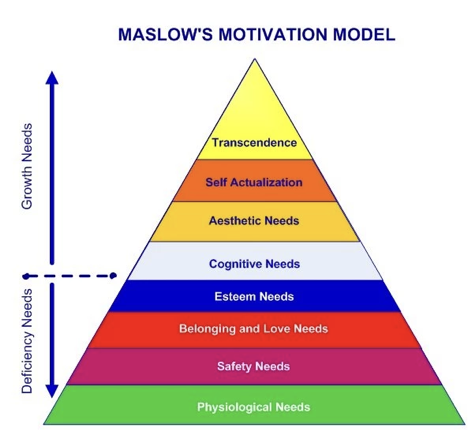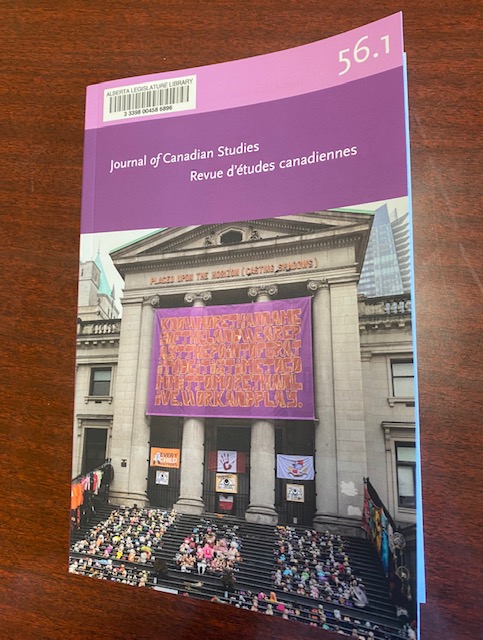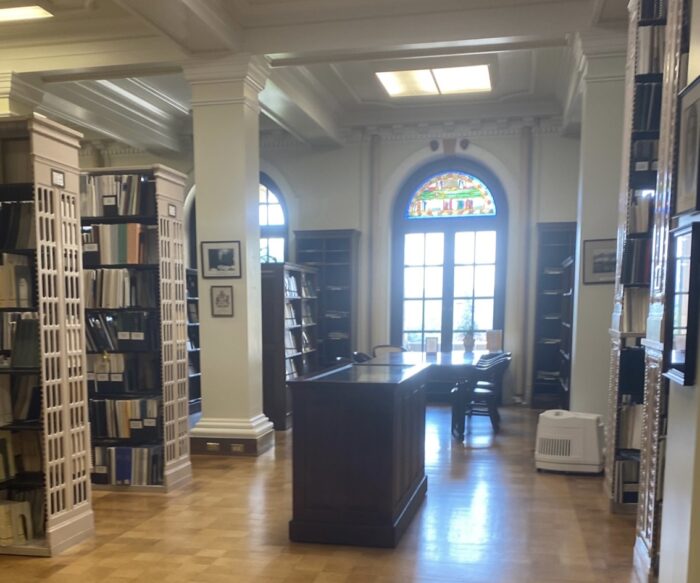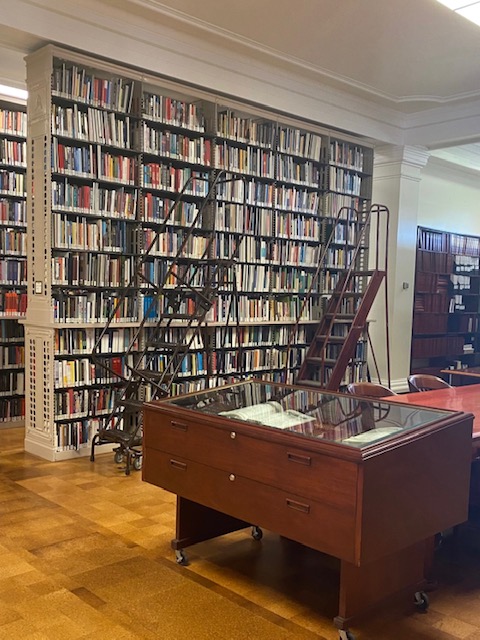I was blessed with a feeling of complete well being, and tried to find a word that would describe it. The closest I could come was contentment, of course I had to Google it, there is was in all of its glory on Wikipedia complete with an illustration.
Contentment is an emotional state of satisfaction that can be seen as a mental state drawn from being at ease in one’s situation, body and mind. Colloquially speaking, contentment could be a state of having accepted one’s situation and is a milder and more tentative form of happiness.
Contentment and the pursuit of contentment are a central thread through many philosophical or religious schools across diverse cultures, times and geographies. Siddharta, the founder of Buddhism, once said “Health is the most precious gain and contentment, the greatest wealth”.[John Stuart Mill, centuries later, would write “I have learned to seek my happiness by limiting my desires, rather than in attempting to satisfy them.” Marcus Aurelius wrote “Live with the gods. And he who does so constantly shows them that his soul is satisfied with what is assigned to them.] Hebrews 13:5 reads “Keep your lives free from the love of money and be content with what you have, because God has said, ‘Never will I leave you; never will I forsake you. [4] Chinese philosopher Zhuang Zhou once wrote in the 3rd century BCE, “A gentleman who profoundly penetrates all things and is in harmony with their transformations will be contented with whatever time may bring. He follows the course of nature in whatever situation he may be.”
The literature above all states that contentment is a state which is ideally reached through being happy with what a person has, as opposed to achieving one’s larger ambitions. Socrates described this by saying, “He who is not contented with what he has, would not be contented with what he would like to have.” There are a number of elements of achievement that make finding a state of personal contentment easier, such as a strong family unit, a strong local community, and satisfaction of life’s basic needs as expressed in Maslow’s hierarchy of needs. In general, the more needs in Maslow’s hierarchy are achieved, the more easily one might achieve contentment.”
Socrates, it seem is spot on. I do love that phrase spot on – it is terribly British. Spot On Socrates is a great cheer, could be made at libraries, for example. Sit at a table, earnestly reading and then with an appropriate arm gesture say the following:
Me: Spot on Socrates.
Librarian; Please lower your voice, Alexis
Me: I am so sorry. I forgot I was in a library.
Spot on can also mean so as to hit the nail on the head, or bang on or on the nose. But spot on is simpler, more emphatic and does go very well with Socrates.
I am familiar with Maslow’s hierarchy of needs which was proposed in 1943 which was proposed in 1943, the year of my birth. Such a year that was, me and the Motivational Model, now pictured as a pyramid with the more basic needs on the bottom. Alexis McBride is up there, by the way. No wonder I was feeling such contentment. Hahaha

I do suggest that you turn to Wikipedia yourself to read contentment in its entirety. Wikipedia discusses the concept of contentment in all faiths including the Islamic faith which shall be quoted here.
“In Islam, true contentment is achieved through establishing a relationship with Allah, always keeping Him in mind. The Quran states:
Truly, it is in the remembrance ofAllah(God) that hearts can find contentment
— Quran – 13:29
This verse reveals that the more the people gain the trivial goods of this life, the greater becomes the hunger and the consequent burning of their hearts. Moreover, there is no end for worldly desires and greed. But as for those who seek God, the more they turn to Him, the greater is their peace of mind. This means that a search for the divine or a supreme Deity is inherent within human nature and the innermost yearning of a human being. The real and ultimate goal of a person’s life.
In a well known Hadith (saying of the prophet Muhammad) the prophet said:
If the son of Adam (the human being) were given a valley full of riches, he would love to have a second one; and if he were given the second one, he would love to have a third, for nothing satisfies the belly of Adam’s son except dust (of the grave). And Allah forgives he who repents (turns) to Him.
— Saheeh Bukhari-Vol 8:book76”
Occasionally I am rather amazed at the flow of my writing. It seems I have an innate ability to connect different thoughts together and make the blog seem rather seamless. Afraid, it is not going to happen at this particular point in time, but shall try.
One cause for my contentment is that I have found a library, close to home, within walking distance even in the winter. It was discovered rather incidentally. A marvelous man at the West entrance of the Legislative Building, a retired police and military man informed me that I could pass through Security, when inside the building could go for breakfast (or lunch) in the Legislative Cafeteria. Such a bargain, for six dollars a daily special breakfast is served between the hours of 7-10. It is delicious, the place deserted as the Legislature is not in session at this time. The identifying badge also allowed entrance to a place called the library. The Legislative staff are exceptional individuals. I was escorted to the library and introduced to the librarians. I felt so special – like Sheikha Fatimah except this is Canada, not Abu Dhabi, and I use my given name of Alexis. They made me feel like Princess Alexis, even Crown Princess Alexis. I consumed my Friday breakfast of (no) steak and eggs, then was escorted to the library. It is an utterly amazing place, the photographs you shall see do not do it justice. Walls and walls of bookcases, floor to ceiling with books precisely stacked. Windows overlooking the grounds. Massive tables. Photography was allowed, I wandered about in sheer delight focusing on periodicals and newspapers on this my first visit. Glanced through two or three periodicals that caught my eye, taking a photo of the cover and the title of a particular abstract that looked interesting but proved to be an example of some of the worst academic writing ever seen. Even I could not understand what was being said despite a strong legal and psychological background. In order to be published in academic journals their jargon must be employed making it inscrutable to all others.
Perhaps word definitions are in order – definitions do not appear in any of these epistles.
Jargon: special words or expressions that are used by a particular profession or group and are difficult for others to understand.
Inscrutable is impossible to understand or interpret. Some synonyms are: inexplicable, beyond comprehension, impossible to understand, unintelligible, impenetrable, unfathomable, puzzling, perplexing, baffling, bewildering, abstruse, arcane, obscure.
The title of an article that proved to be at obruse, arcane and unfathomable was: The Indigenous Public Child and NeoLiberal Settler Colonialism: Theorizing The Intersection Between the White Possessive and Neoliberal Accountability Regimes.
If one has the stamina to make it through the title, the summary of the article will do you totally in – I promise.
I made a commitment last Friday to arrive within the hallowed halls and write some of my daily blogs from the library, forsaking my comfortable bed which has been the scene of most of the million or so words which have appeared through the years. We shall see.


